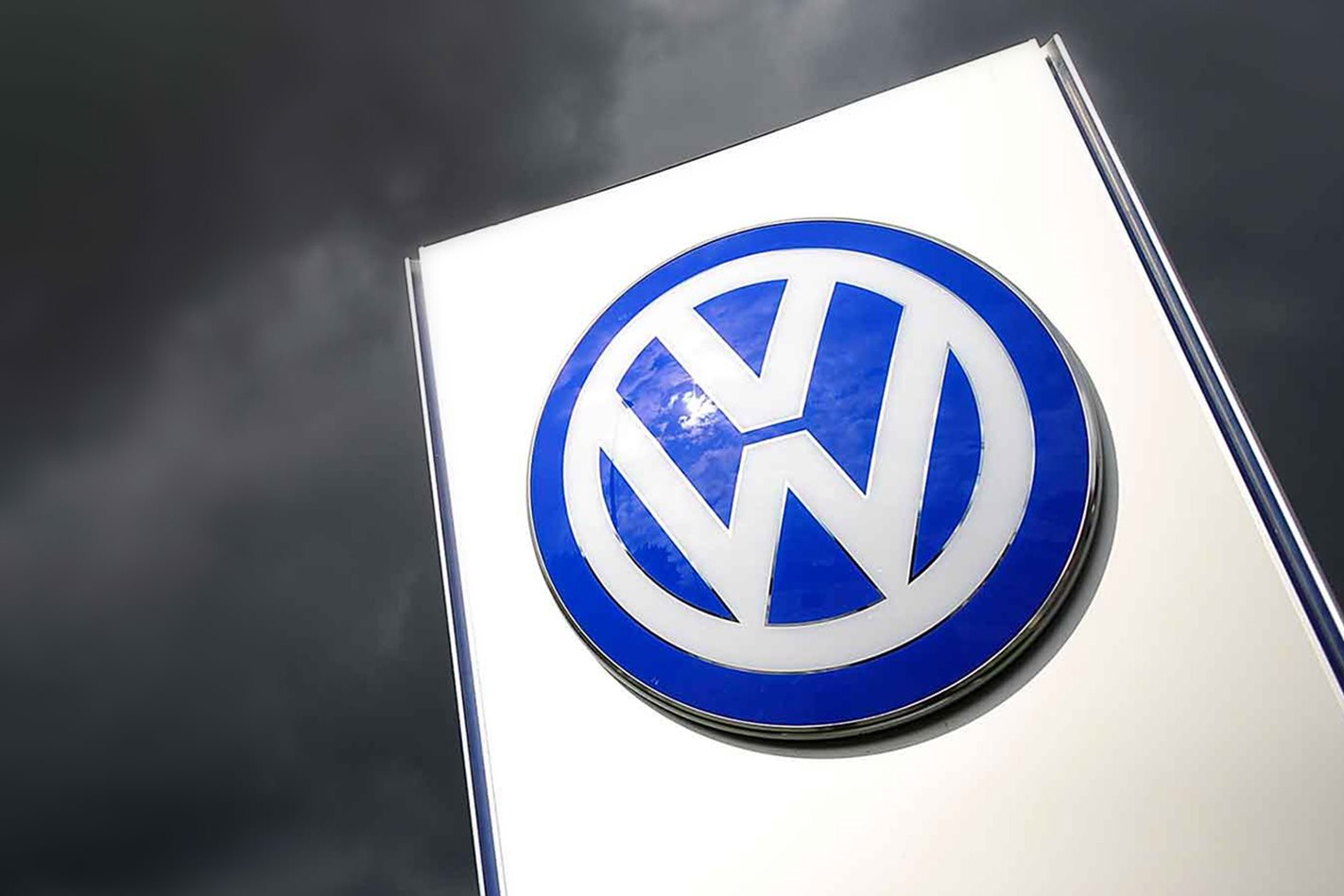Volkswagen is believed to be considering restructuring its German operations with Audi and Porsche under pressure to reduce costs.
THE Volkswagen Group is reportedly poised to undergo a wide-ranging restructure across its brands with an extraordinary board meeting at Wolfsburg said to be planned for tomorrow (November 4).
Reuters news agency reports that sources close to the board said management and labour leaders are seeking to agree on cost cutting and investments that will form part of the German carmaker’s efforts to revive its fortunes more since the ‘Dieselgate’ scandal broke.
It’s believed the meeting, to be two weeks before the scheduled board meeting on November 18 to ratify a five-year spending plan, is necessary because of the sheer number of issues facing the 20-member panel.
The news comes despite forecasts that Volkswagen will end the year as the world’s largest automaker, taking the crown that’s been long held by Toyota.
According to AutomotiveNewsEurope, entire Volkswagen Group’s sales sit at 7.61 million cars globally, from January to September, a 2.4 percent increase the same period last year. Toyota has managed 7.53 million vehicles worldwide, up 0.4 percent.
Like Toyota, Volkswagen relies on its overseas markets. While Toyota has the edge in the United States, Volkswagen is outselling the Japanese brand in China by 3 to 1.
However, the company is under pressure to cut costs at its factories in particular its Audi and Porsche operations, to help fund it’s well publicised shift to electric cars and autonomous driving, while setting aside the equivalent of about $A16 billion to fund the continuing Dieselgate fallout.
Some of these cost reductions have already been announced, including the decision to withdraw from international motorsport competitions including the World Rally Championship and World Endurance Championship (with Audi).
According to Reuters VW’s powerful works council, whose members occupy almost half the seats on the supervisory board, have stated they will not back retrenchments without a commitment from management to fixed targets and quotas for products, output and investment.






